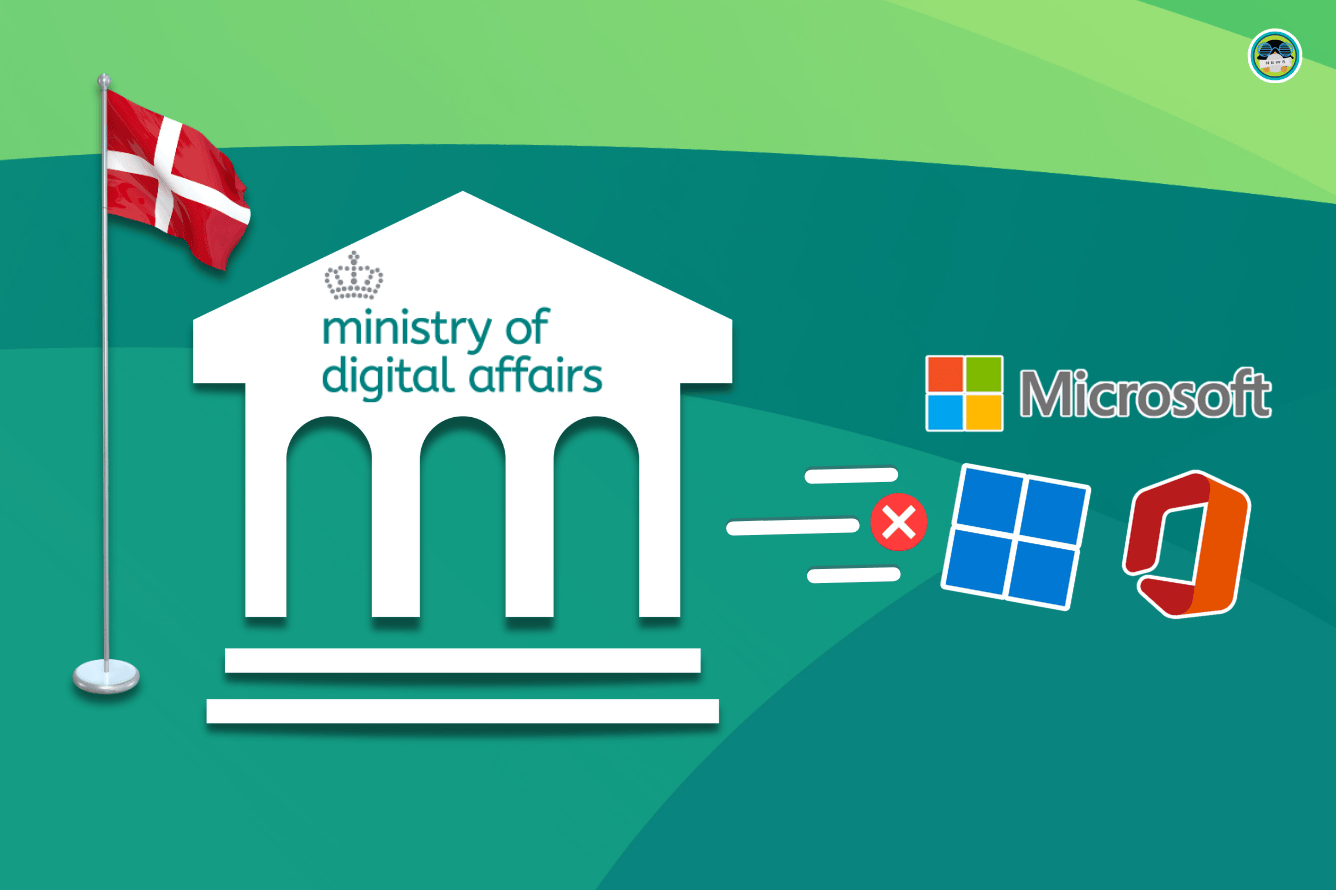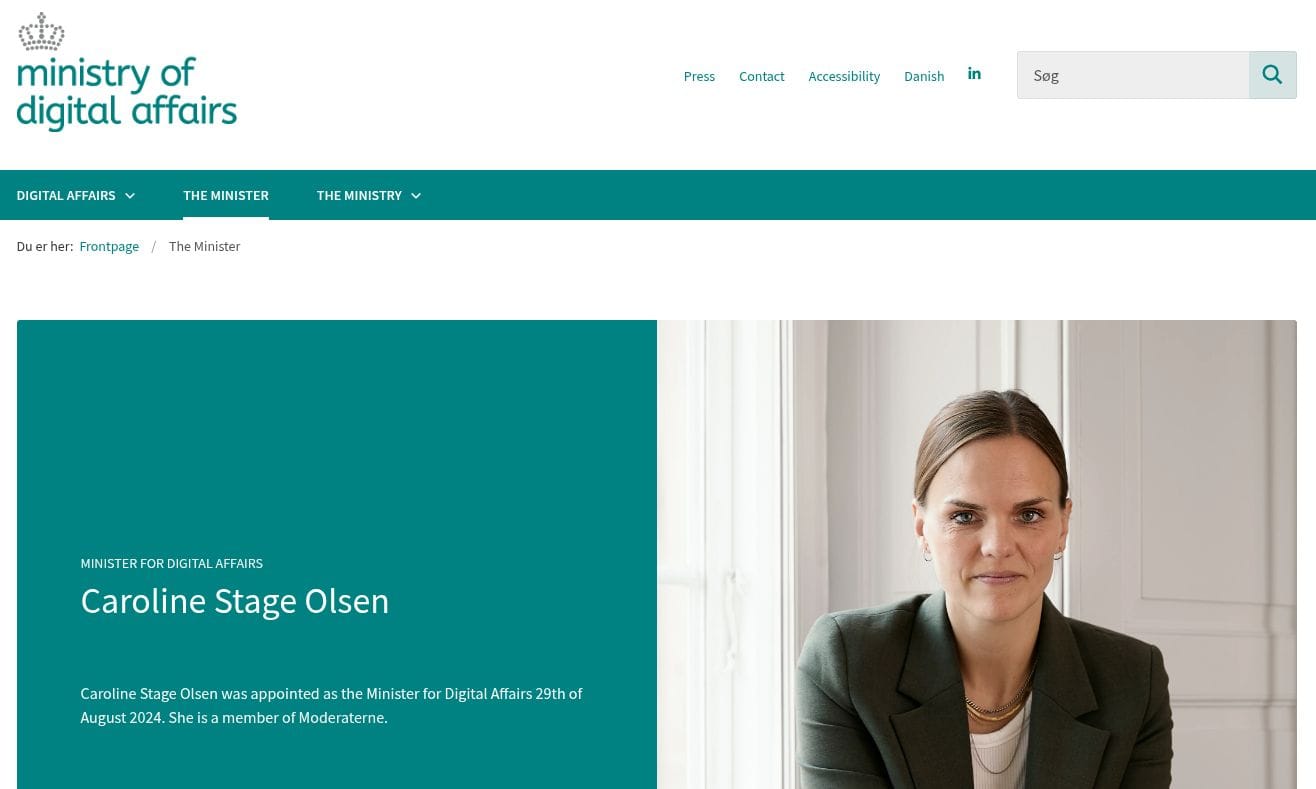cross-posted from: https://rss.ponder.cat/post/205936
For years, Big Tech has been tightening its grip on public institutions across the world, quietly slotting themselves into critical infrastructure that powers the daily running of governments.
Their allergy to privacy and bowing to their overlords (read: the country they’re based in) has long been a thing of concern. There have been numerous cases where surveillance laws forced these companies to hand over user data without consulting, or even notifying, the governments of those affected.
For governments, this isn’t just a privacy issue, but a sovereignty issue. And in Denmark, the Ministry of Digital Affairs has decided it’s time to push back.
Denmark’s Open Source Move
Speaking with Politiken (paywalled), Denmark’s Minister for Digital Affairs, Caroline Stage Olsen, revealed that the Ministry is moving away from Microsoft services, replacing Windows with Linux and Office 365 with LibreOffice.
This is set to happen in a staggered manner, where half of the staff will be switched to Linux and LibreOffice by summer (June-August), with full adoption expected by autumn (September-November) this year.
The move is said to be driven primarily by Denmark’s goal to strengthen digital sovereignty, ensuring that control over critical government data and systems remains within national borders.
This approach aligns with broader European efforts to promote open standards and safeguard public digital infrastructure from external influence. Take, for instance, the German state of Schleswig-Holstein, which is undertaking a similar transition, moving 30,000 government computers from Microsoft software to Linux and LibreOffice.
Speaking about the move on LinkedIn, the minister emphasized that:
It is not about isolation or digital nationalism. We should not turn our backs completely on global technology companies; many of them provide solutions that we benefit from. This applies both today and in the future.
But we must never make ourselves so dependent on so few that we can no longer act freely. Too much public digital infrastructure is currently tied up with very few foreign suppliers. This makes us vulnerable. Also, financially.
📋The above quote was translated from Danish.
Suggested Read 📖
From It’s FOSS News via this RSS feed
I’m still surprised (not surprised) that the media has totally ignored China’s move to replace M$ on all government computers and servers with KylinOS by 2026. Meanwhile, manufacturers will be urged to front load openKylinOS on domestic computers. Instead of reinventing the wheel, seems like the EU should be talking to the Chinese for some tips on do’s and don’ts.
Denmark is already doing the same thing anyway. You haven’t highlighted any particular advantages of KylinOS over other variants of Linux.
I don’t think it would be wise to install an operating system developed for the Chinese military. That’s just moving the problem somewhere else - instead of trusting Microsoft and the US, you’re trusting China. China are much more likely to have off the shelf hacking solutions for their operating system than whatever variant of Linux you freely choose.
I was mostly pointing out that the media is ignoring what is actually a big event in tech. I definitely don’t think Denmark should use KylinOS, but studying the Chinese government’s implementation of a non-Windoze system could help reduce some pitfalls. I believe Kylin started as a BSD variant, but they switched to Linux after a few years. Be interesting to know why.






